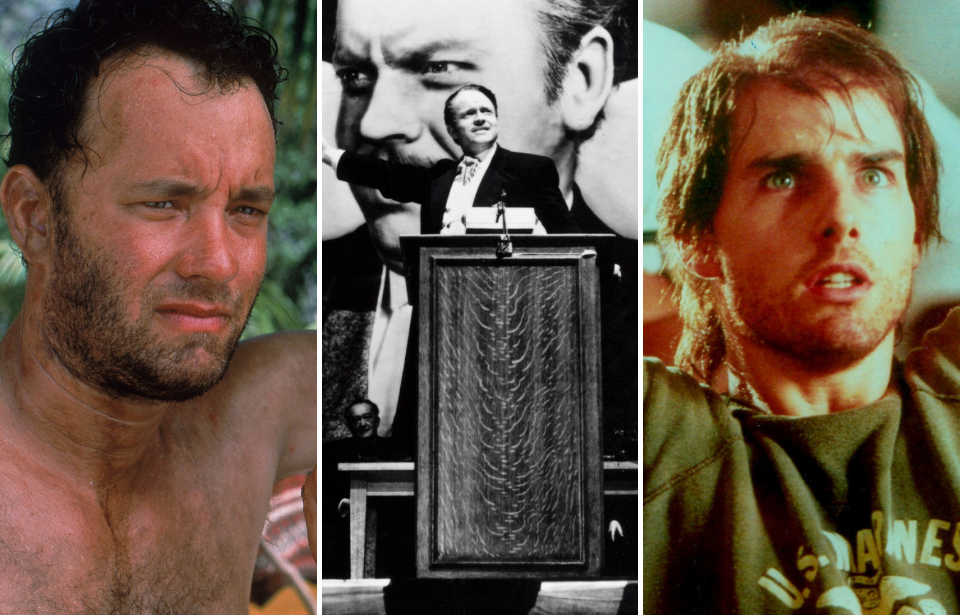Movies about war are a huge business and have represented some of the biggest blockbusters in Hollywood history. It’s a big advantage for those people making the films to have experienced military life firsthand, and some of the greatest have been written by veterans.
Born on the Fourth of July (1989)
Ron Kovic grew up on Long Island and was inspired to join the military by his parents, who both served in the US Navy. He joined the US Marine Corps during the Vietnam War and served 13 months before returning home. He volunteered for a second tour, during which a bullet left him paralyzed from the waist down. Kovic received the Purple Heart for his service.
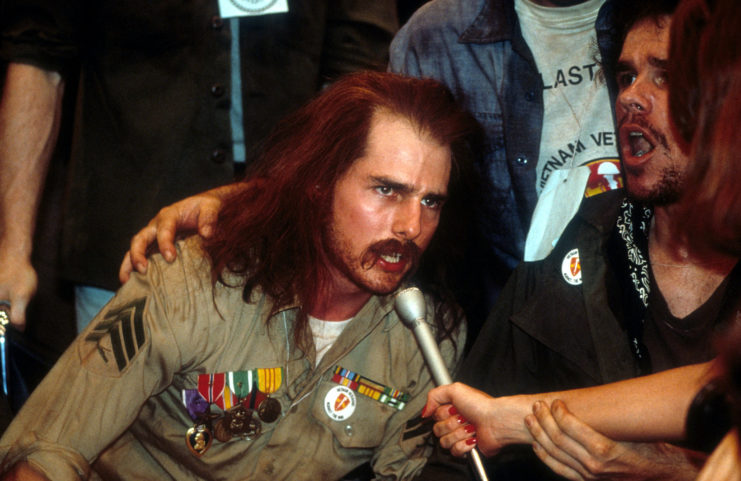
Kovic soon became a prominent antiwar activist and was frequently arrested for his actions. In 1976, he penned a memoir, Born on the Fourth of July. Director Oliver Stone turned the veteran’s story into a film by the same name in 1989. Born on the Fourth of July was critically-acclaimed and won Stone the Oscar for Best Director. Kovic was nominated for Best Screenplay.
Jarhead (2005)
Anthony Swofford was raised on a military base. His father served in Vietnam and his Grandfather in World War II. Swofford enlisted in the Marines once he turned 18 and served in the Persian Gulf. Upon his return to California, he felt largely disillusioned about his experience. Always interested in writing, the former Marine wrote about his experiences, resulting in the release of the book, Jarhead: A Marine’s Chronicle of the Gulf War and other Battles.
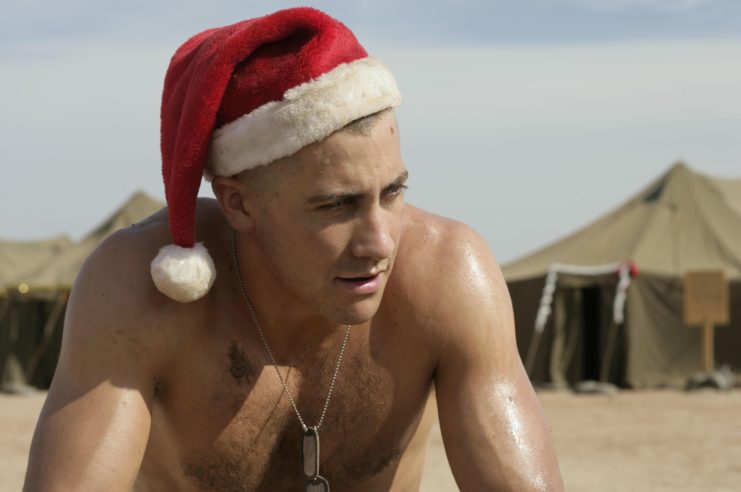
In 2005, the memoir was made into a movie by director Sam Mendes. The film, which starred Jake Gyllenhaal, Jaime Foxx and Peter Sarsgaard, was known for its black humor and widely praised by critics.
The Godfather I and II (1972 and ’74)
Scores of critics will tell you The Godfather is the greatest film ever made, and a fair percentage will say The Godfather: Part II is even better. The movies made legends out of actors like Al Pacino, James Caan, Robert Duvall and John Cazale, and won numerous awards at the Oscars.
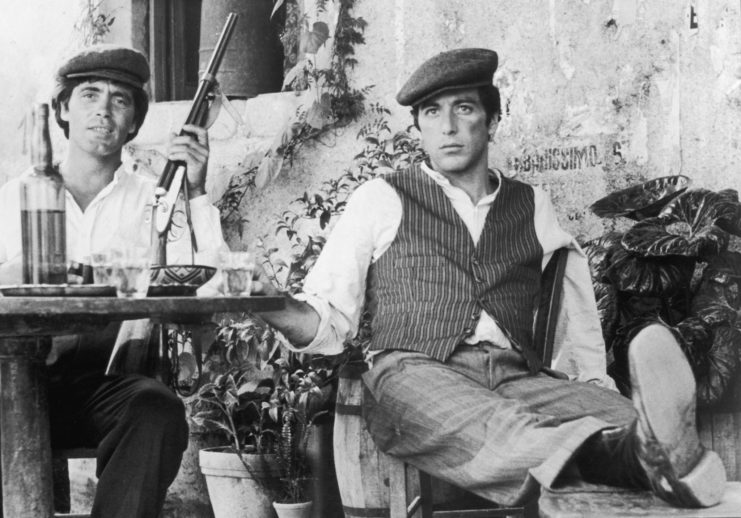
Both movies were based on the works of one man, Mario Puzo. Puzo, from Hell’s Kitchen, served in the US Army Air Forces during World War II, and had a hobby of writing short stories. Eventually, those stories became longer and longer, until he published The Godfather in 1966. The book was a hit and adapted into the legendary film.
Slaughterhouse-Five (1972)
Kurt Vonnegut may have avoided service if he’d been able to keep his grades up at Cornell, but he lost his spot in the ROTC due to poor performance. He ended up enlisting in the US Army, rather than wait to be drafted. His time overseas was terrible. He was taken as a prisoner and war and kept in Dresden. Unfortunately, the Allies were heavily bombing the city. Vonnegut survived by hiding in a slaughterhouse meat locker.
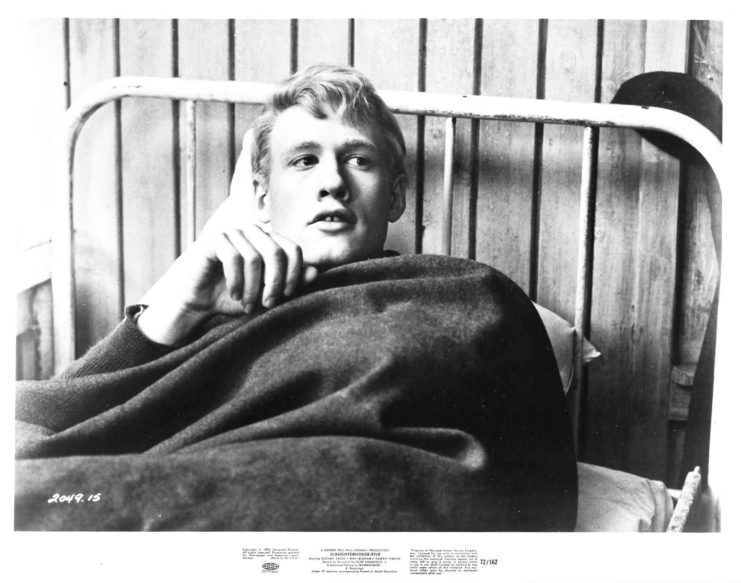
When he returned from the war, Vonnegut focused on his writing career. After many struggles, he had his breakthrough novel, Slaughterhouse-Five, which was later adapted into the hit film, making Vonnegut a literary superstar almost overnight.
Cast Away (2000)
Cast Away is the story of Chuck Noland, a Federal Express employee who finds himself stranded on an uninhabited desert island. The movie was a phenomenon and Tom Hanks, portraying Noland, gave one of his all-time greatest performances, for which he won the Golden Globe for Best Actor and was nominated for an Oscar.
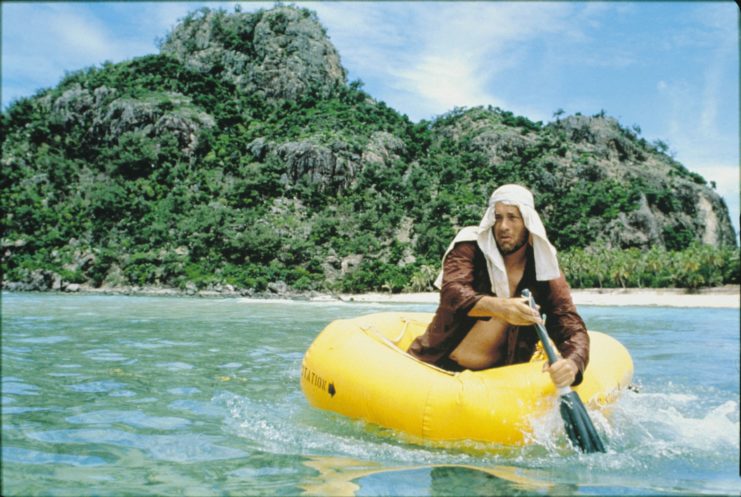
The screenplay was the brainchild of William Broyles Jr. A brilliant student at Oxford during the Vietnam War, he left school to enlist in the Marines. He served from 1969-1971, and later incorporated his experiences overseas into China Beach, the hit show he co-created.
Citizen Kane (1941)
Herman Jacob Mankiewicz was born in New York, but grew up in Wilkes-Barre, Pennsylvania after his father took a teaching position there. After receiving his degree from Columbia, he enlisted in the Marines and served during the backend of World War I.
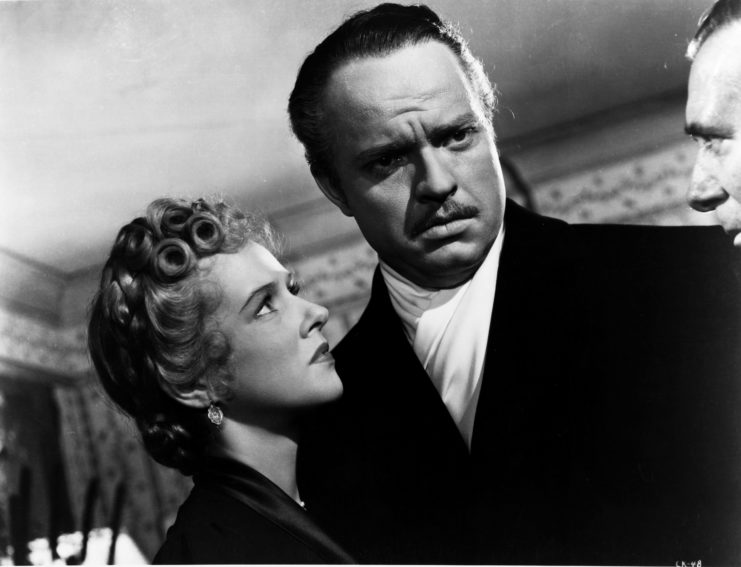
After his stint in the Marines, Mankiewicz became a prominent journalist. At the same time, he was helping movie studios to improve their scripts, without receiving credit. He eventually did begin getting credit, and his grandest achievement was co-writing Citizen Kane with Orson Welles. The movie changed film forever and is still remembered as one of the all-time greats.
